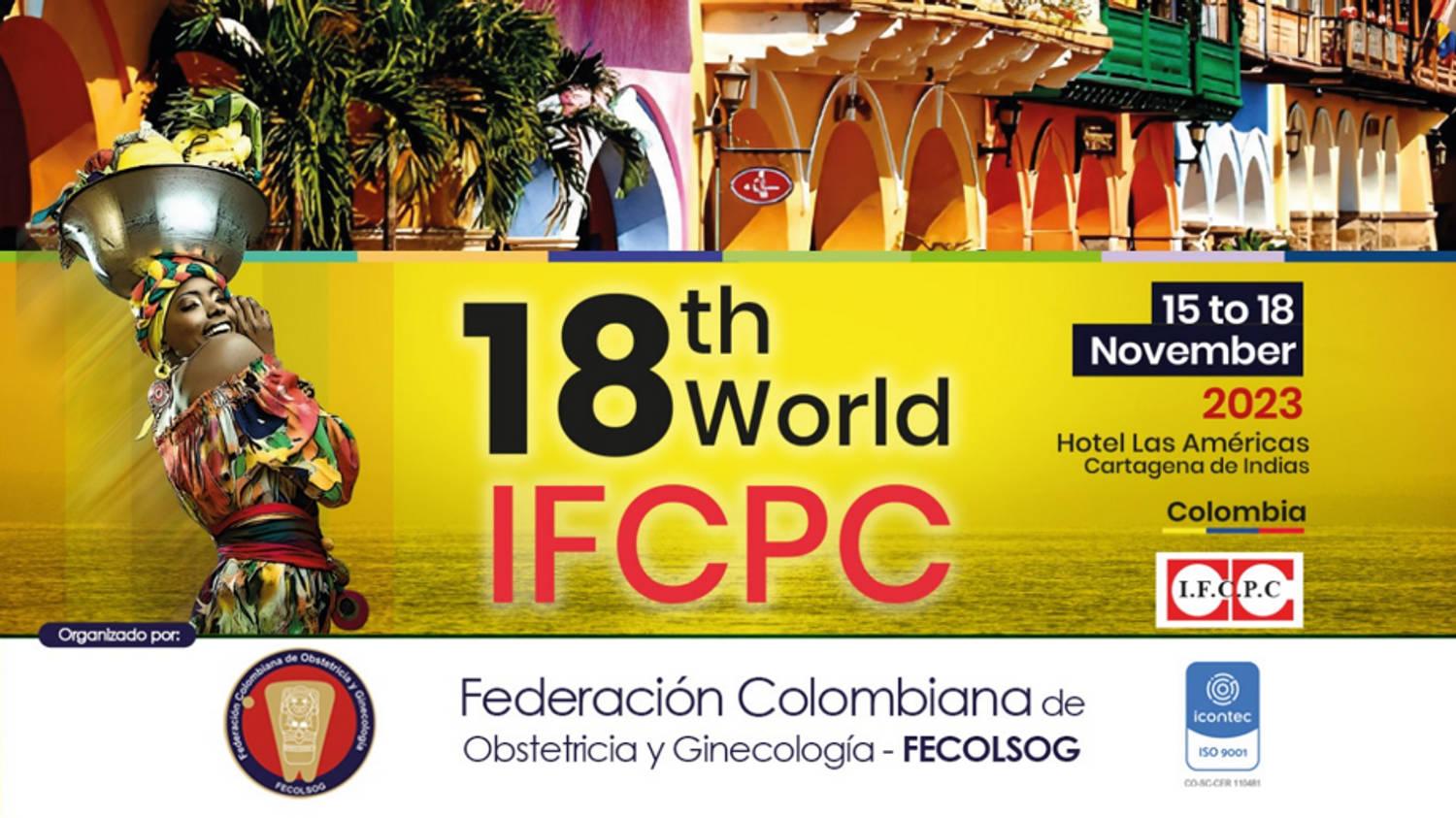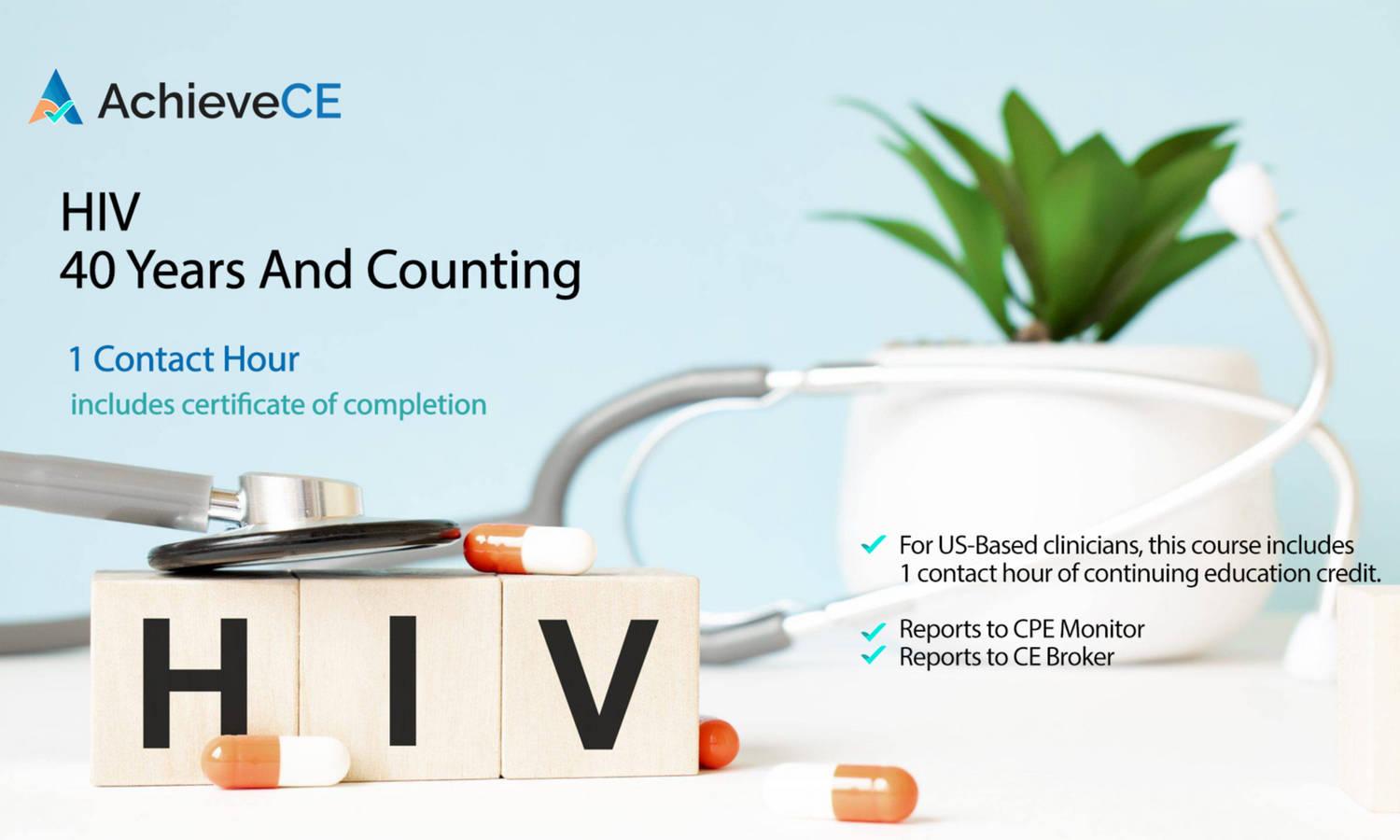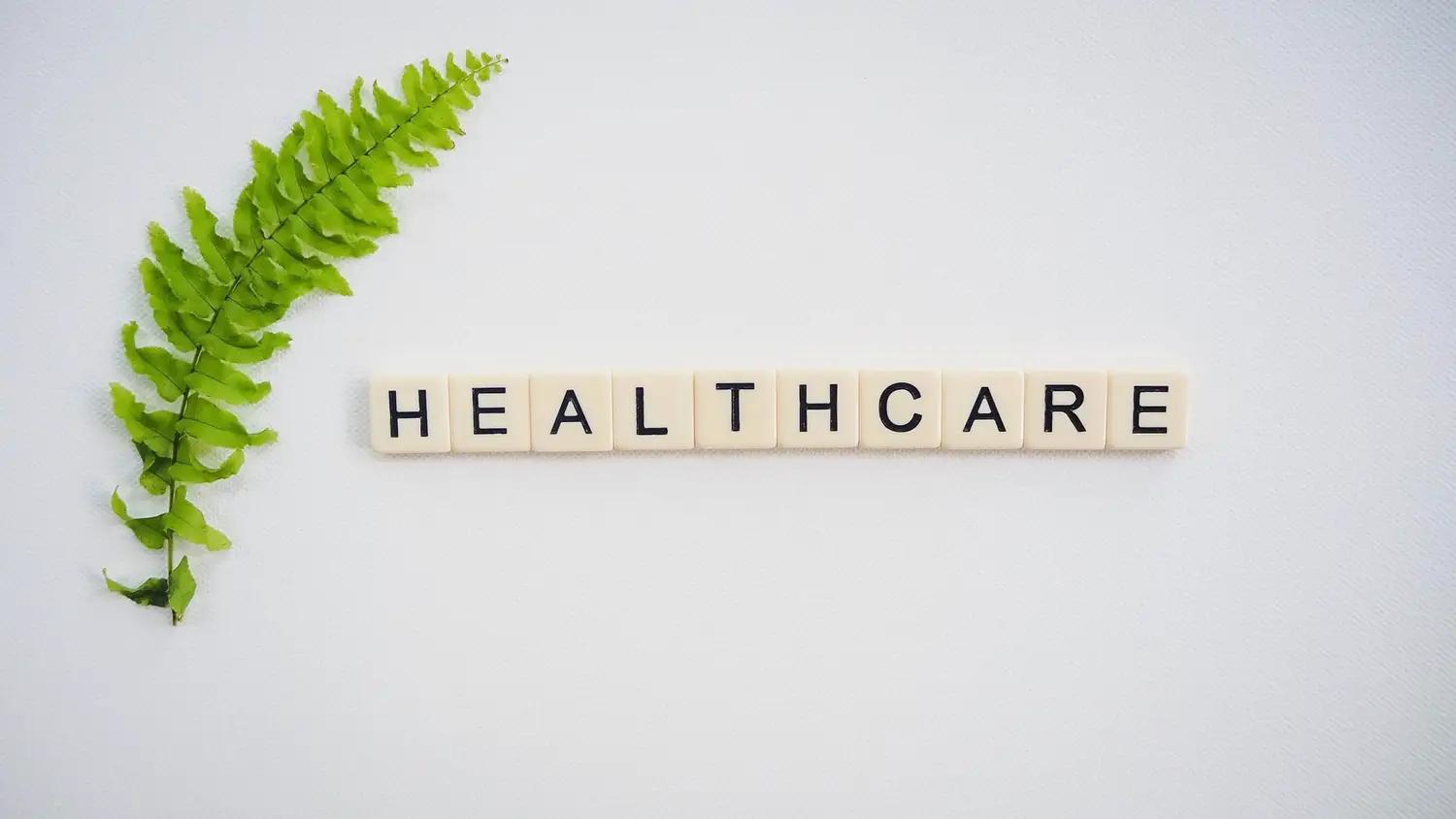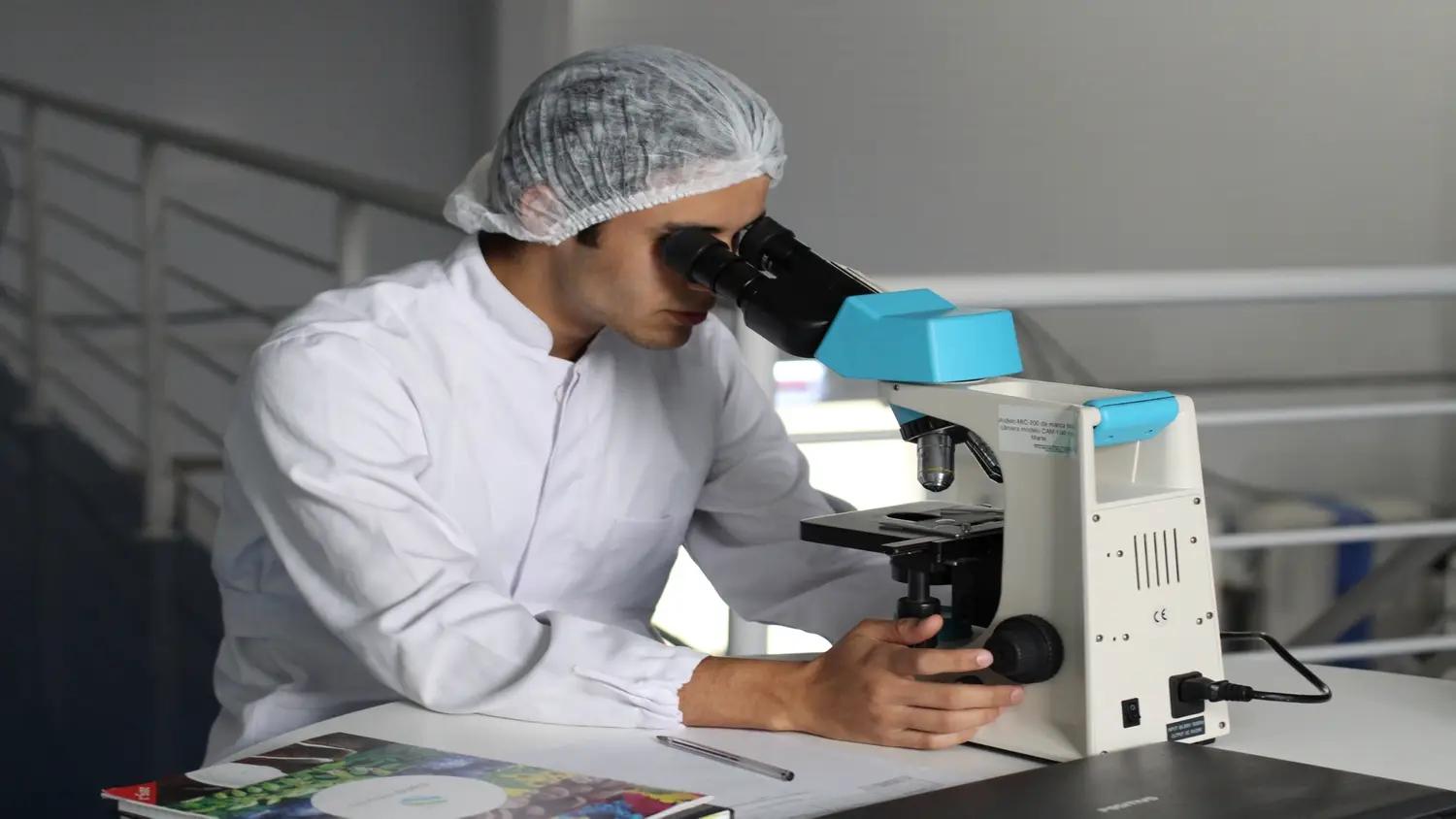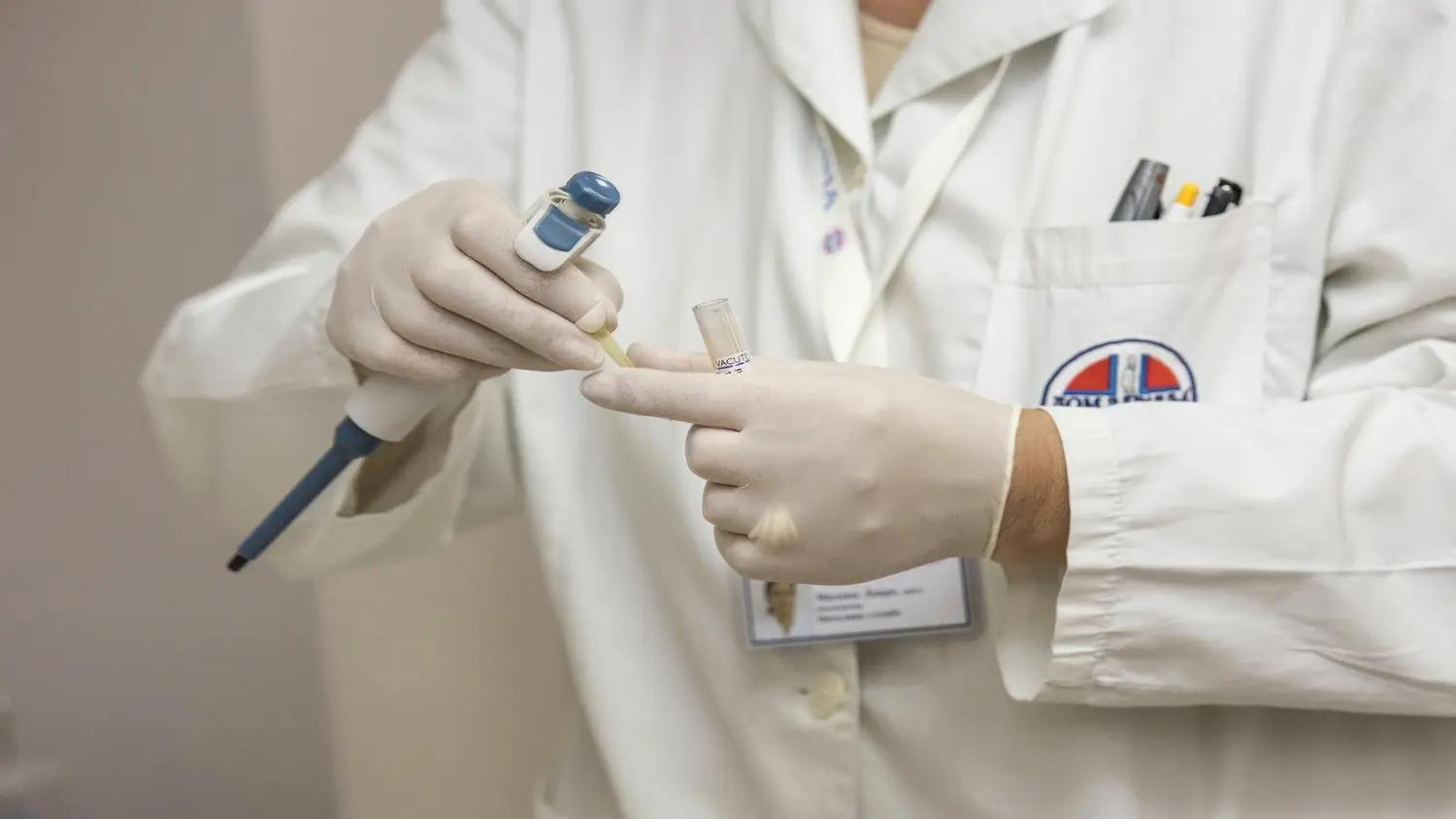
Simply Speaking® HIV Prevention
 hosted byPractice Point Communications (PPC)
hosted byPractice Point Communications (PPC)


Simply Speaking® HIV Prevention is organized by Practice Point Communications (PPC).
Accreditation:
Physicians/Physician Assistants:
The University of Nebraska Medical Center designates this live activity for a maximum of 1 AMA PRA Category 1 Credits™. Physicians should claim only the credit commensurate with the extent of their participation in the activity.
Nurses/Nurse Practitioners:
The University of Nebraska Medical Center designates this activity for 1.0 ANCC contact hour. Nurses should only claim credit for the actual time spent participating in the activity. Provider approved by the California Board of Registered Nursing, Provider Number 13699 for 1.2 contact hours.
Pharmacists (PharmDs/RPhs):
This knowledge-based activity is accredited for 1 hour of continuing pharmacy education (CPE) credit. Duquesne University School of Pharmacy will report all credit to CPE Monitor within 60 working days after receiving evidence of successful completion of the course. Successful completion means that you must attend the entire program and complete an evaluation form.
Overview:
What is Simply Speaking® HIV Prevention?
• An educational series accredited by University of Nebraska Medical Center (UNMC) and Duquesne University School of Pharmacy (DU)
• Live, accredited continuing education activities compliant with evolving ACCME Guidelines
• Regional educational opportunities for MD, DO, PA, NP, RN and PharmD healthcare professionals
• A continuous?,? annually funded initiative with a dedicated Therapeutic Advisor and UNMC Planning Committee ?that meets quarterly to discuss process, logistics and content enhancements and ongoing Joint Accreditation compliance?
• A proven process of identifying, certifying and evaluating national and regional healthcare experts
Why participate in Simply Speaking® HIV Prevention?
• Content development and training provided by well-known and credible educators participating within Simply Speaking®
• This series is available free of charge to a variety of institutions (clinics, hospitals, specialty organizations) wanting to improve health care provider education
Topics:
Adolescents, HIV, and PrEP:
Adolescents are a key population in the HIV epidemic, accounting for approximately 1 in 5 new HIV infection in the United States. The expanded indication for pre-exposure prophylaxis (PrEP) in adolescents provides clinicians with an additional, effective tool to further reduce the risk of HIV transmission in this group. Once diagnosed, youth with HIV are the least likely out of any age group to be linked to care and achieve viral suppression once on ART.
PrEP: An Integral Part of Contemporary Primary HIV Prevention:
One step in the implementation plan to end the HIV epidemic in the United States is to expand pre-exposure prophylaxis (PrEP) use by at least 50% among at-risk populations. It is estimated that only 15% of those who would benefit from PrEP are receiving it. PrEP uptake has been challenged by several factors including perception of low risk of HIV acquisition, access to care, concerns about cost, and not wanting to take a daily pill. This activity will discuss the lessons learned from demonstration projects, open-label extension studies, and clinical practice on approaches to mitigate potential barriers to PrEP uptake and strategies to improve integration of PrEP.

